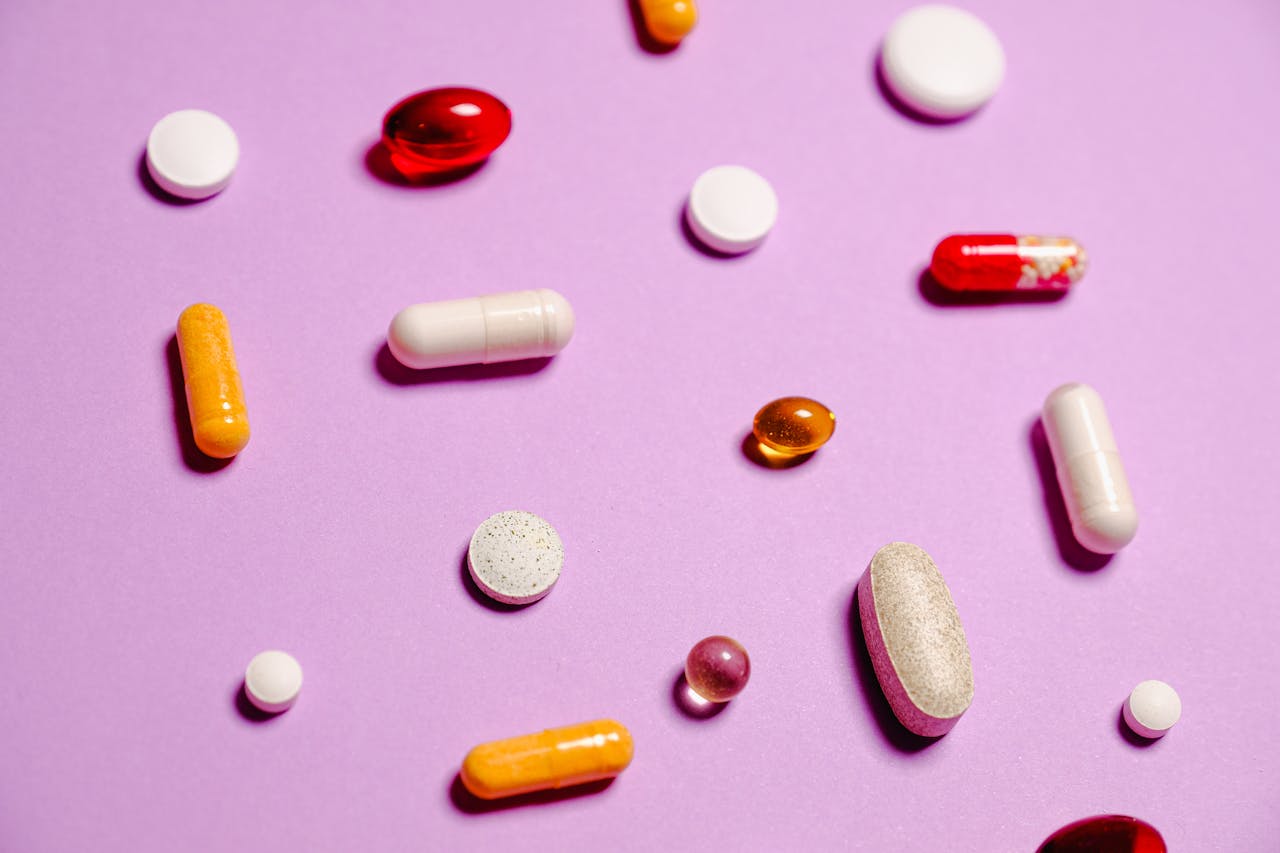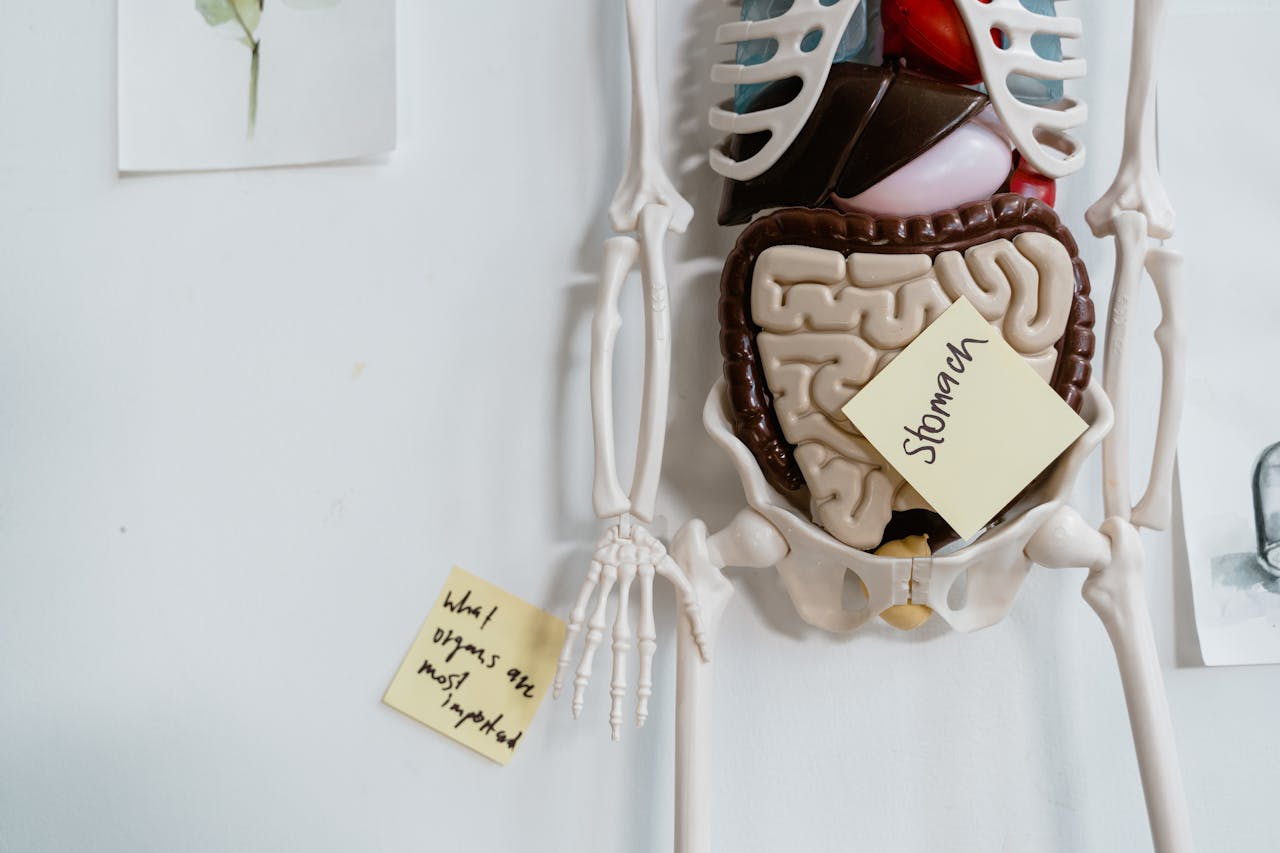Spring Reset: The Best Supplements to Recharge Energy, Immunity, and Mood
As winter fades and daylight increases, many people expect to feel instantly energized. Instead, it is common to experience spring fatigue, low motivation, weakened immunity, or brain fog. Seasonal shifts affect sleep, activity levels, sunlight exposure, and nutrition. After months of colder weather, your body may need targeted nutritional support to fully recharge.
A spring reset is the perfect time to focus on personalized supplements for energy, immune health, mood balance, and sleep support.
Why You May Feel Tired in the Spring
Reduced sunlight exposure during winter can impact vitamin D levels and circadian rhythm. Heavier comfort foods, lower physical activity, and disrupted routines may also contribute to nutrient gaps.
Key nutrients that support cellular energy production and help reduce fatigue include:
-
B vitamins for energy metabolism
-
Magnesium for muscle and nervous system support
-
CoQ10 for mitochondrial energy production
-
Iron when appropriate for oxygen transport
-
Creatine for muscle energy and strength
Adaptogens such as cordyceps and fermented ginseng may help support stamina and resilience. For mental clarity and focus, vitamin B12 and green tea extract with caffeine can provide additional support.
Personalized supplement packs from Persona Nutrition help ensure you are getting the right nutrients based on your health goals and lifestyle.
Immune Support After Cold and Flu Season
Even if you avoid illness, winter stress and poor sleep can strain immune defenses. Spring is a great time to reinforce foundational immune nutrients:
-
Vitamin D for immune modulation
-
Vitamin C for antioxidant protection
-
Zinc and selenium for immune cell function
-
A high-quality multivitamin to fill dietary gaps
-
Probiotics to support gut health and immunity
Additional immune-supporting ingredients such as quercetin, mushroom complexes, garlic, and astaxanthin may provide antioxidant and respiratory support during seasonal transitions.
Taking a personalized approach helps avoid unnecessary supplementation while targeting what your body truly needs.
Mood Support and Mental Clarity
Seasonal changes can impact mood more than many people realize. Disrupted sleep schedules and shifting daylight patterns can contribute to irritability, stress, and low motivation.
Nutrients that support mood and cognitive function include:
-
Omega-3 fatty acids such as DHA
-
Magnesium for nervous system balance
-
Acetyl-L-Carnitine for neurotransmitter support
-
Vitamin D for mood regulation
Adaptogenic herbs like ashwagandha and fermented ginseng may help support stress resilience. Compounds such as N acetyl cysteine and CBD hemp extract may provide additional emotional balance and recovery support.
A customized supplement plan can help stabilize mood naturally as you transition into longer days and increased activity.
Sleep and Circadian Rhythm Reset
Daylight saving time and longer evenings can disrupt sleep patterns for weeks. Quality sleep supports metabolism, immune function, energy levels, and hormone balance.
Helpful sleep-supporting nutrients include:
-
Magnesium glycinate for relaxation
-
Adaptogenic herbs like Ashwagandha for stress support
-
Targeted sleep formulas like our Herbal Rest for falling and staying asleep
-
Low-dose melatonin for circadian rhythm adjustment
Improving nighttime recovery often leads to better daytime focus and sustained energy.
Filling Spring Nutrition Gaps
Spring schedules often become busier with travel, social events, and increased outdoor activity. Appetite and meal structure may shift, leading to inconsistent nutrient intake.
A daily personalized vitamin pack from Persona Nutrition can help fill nutritional gaps and simplify your routine, especially when life gets busy.
Hydration and Detox Support
Warmer temperatures increase fluid needs. Even mild dehydration can contribute to fatigue, headaches, and poor concentration.
Electrolytes and essential minerals support:
-
Fluid balance
-
Circulation
-
Metabolic processes
-
The body’s natural detoxification systems
Supporting hydration is a simple but powerful way to enhance your spring energy reset.
Build a Sustainable Spring Wellness Routine
A spring reset does not require extreme changes. Small, consistent habits often create the biggest results:
-
Balanced whole food nutrition
-
Daily movement
-
Prioritized sleep
-
Adequate hydration
-
Targeted, personalized supplementation
The key is choosing supplements based on your unique health profile rather than guessing.
The Bottom Line
Spring is a season of renewal, but your body may need support to transition out of winter mode. The best supplements for spring fatigue, immune support, mood balance, and sleep can help you feel energized, resilient, and ready for the months ahead.
Ready to personalize your spring reset? Take the quick online assessment from Persona Nutrition to receive customized supplement recommendations tailored to your goals and lifestyle:
https://www.personanutrition.com/start-the-assessment/
Prefer one-on-one guidance? Book a complimentary consultation with a nutritionist for individualized support:











